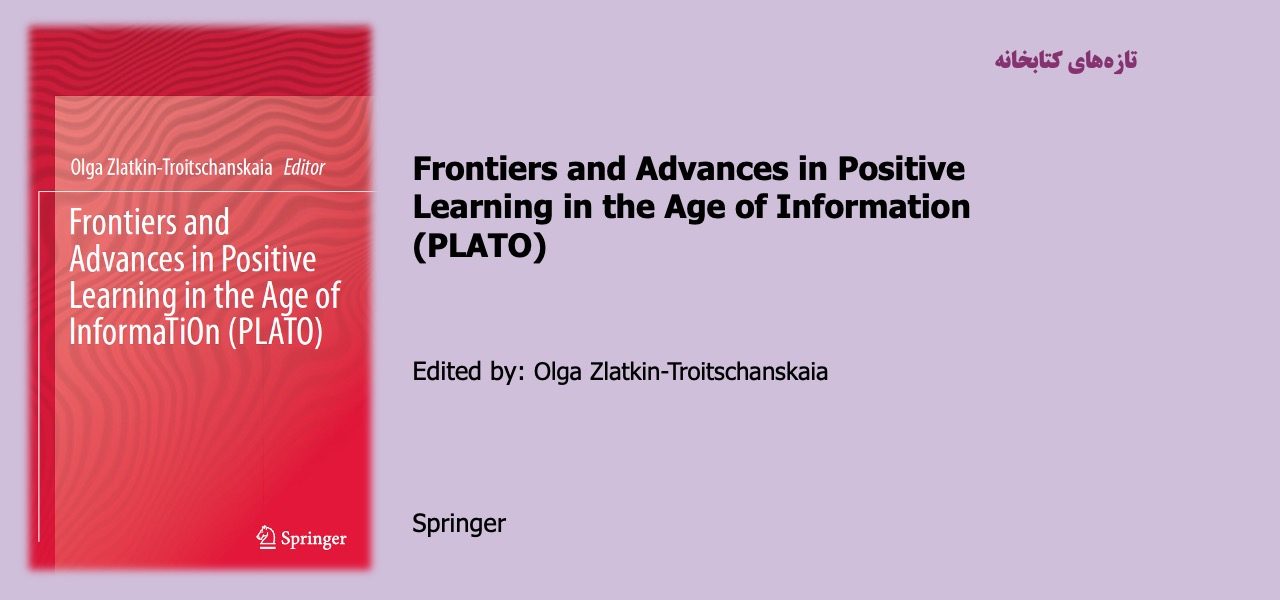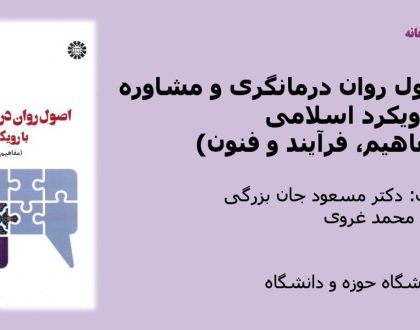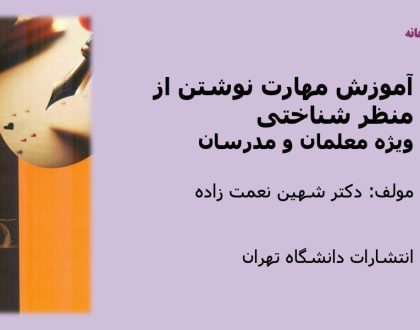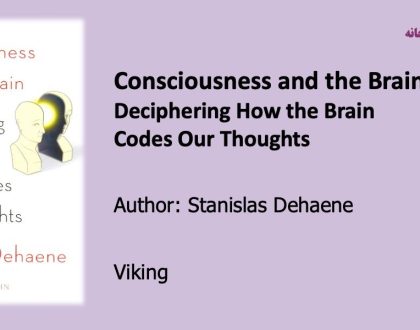Frontiers and Advances in Positive Learning in the Age of Information (PLATO)

The Internet poses not only great opportunities but also many challenges for university learning. Filtering and processing enormous amounts of information is a challenge for all students. Relying on the first few search hits and avoiding contradictory information, they may overlook or ignore facts and well-founded knowledge in the vast masses of information. To reduce complexity and increase time efficiency, students (perhaps subconsciously) may start outsourcing thinking processes and complex information processing to online tools (e.g., it is easier to Google a fact than to remember it). Knowledge acquired in this way is not only rather episodic, inert, not well interconnected, and difficult to retrieve, but can also impair a deeper understanding of subject content or contexts and can lead to misconceptions.
This phenomenon of insufficient information processing is referred to as negative learning (NL). NL usually occurs unintentionally and subconsciously and is therefore difficult to avoid, particularly online, as it can easily be amplified through distorted or counterfactual information. Although current learning research can describe what is (not) learned on the Internet, it cannot explain the underlying processes or how learning can be effectively fostered. We do still not know which factors promote or mitigate NL in the interactions between human learning and dynamic, partly artificially intelligent (AI)-based online learning environments.
مطالب مرتبط

اصول روان درمانگری و مشاوره با رویکرد اسلامی (مفاهیم، فرآیند و فنون)
۲۶ / بهمن / ۱۴۰۳

آموزش مهارت نوشتن از منظر شناختی
۲۶ / بهمن / ۱۴۰۳


